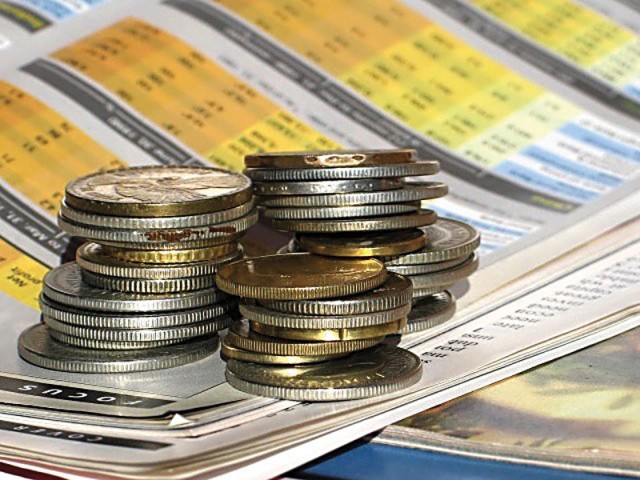In January, treasury bills and domestic bonds in Pakistan attracted a noteworthy $19.4 million in foreign investment, marking a renewed interest after a prolonged hiatus.
The country has experienced a decline in attractiveness to foreign investors since the onset of the pandemic in March 2020.
Earlier, significant inflows of $4.5 billion had been recorded in T-bills and Pakistan Investment Bonds (PIBs), but a substantial portion of these investments was repatriated within a few months during the Covid-19 crisis.
Data from the State Bank of Pakistan (SBP) for the current fiscal year FY24 revealed the second instance of foreign investment in T-bills, with $16 million previously received from the United Kingdom.
Over the past seven months, T-bills accumulated a total of $35.4 million, a modest figure compared to the $1.5 billion received in January 2020.
Bankers attribute the earlier influx in 2020 to a relatively higher interest rate of about 16%, surpassing offers in other countries.
Presently, T-bill returns are slightly below the 22% policy rate, which remains appealing despite the political uncertainty hindering greater inflows.
Analysts suggest that while the economy faces no imminent threats, political uncertainty remains a deterrent to increased investment.
The stability of the exchange rate and the State Bank’s foreign exchange reserves exceeding $8 billion provide a favorable backdrop for investments, according to a senior banker.
However, the anti-investment sentiment persists until after general elections, with hopes for an improvement in the political landscape.
The government’s launch of domestic bonds for foreign investment, paying returns in local currency, faced challenges due to prolonged uncertainty.
Foreign investors, despite the stable exchange rate, remain cautious about potential fluctuations in the value of the Pakistani Rupee, given unchanged economic fundamentals.
The recent IMF estimate of a 2% GDP growth rate for FY24 also contributed to disappointment among stakeholders and foreign investors.

























+923370638384